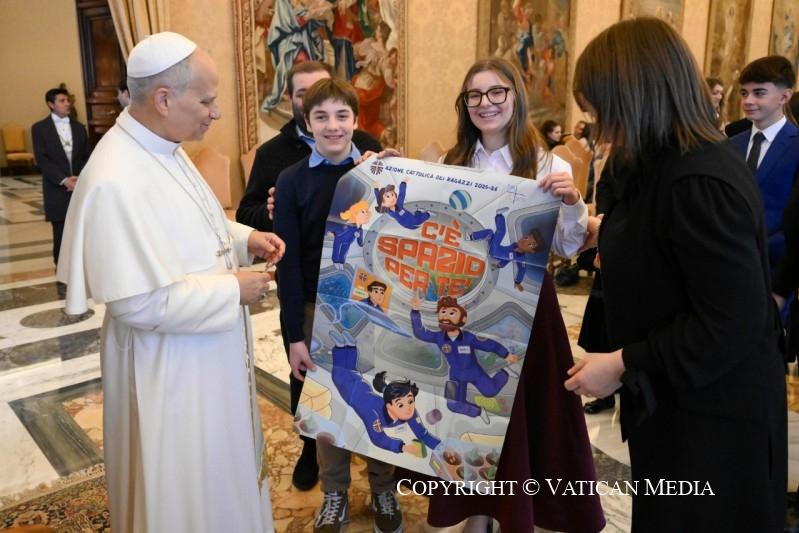Yesterday, September 29, the international day of awareness of losses and food waste was celebrated, established by the United Nations. The main purpose of this day is to raise awareness of the social, economic, but above all ecological impact of the waste of food. Ten years after the approval of the UN 2030 plan and nine years by the Gadda law on the surplus of food products, Italy has made progress, but not sufficient.
According to the new report Waste Watcher International Individual food waste has decreased: from 650 grams to 555.8. By dividing our nation into “North”, “South” and “Centro”, the study shows us how the most virtuous aerial of our country is the central area, where “only” 490 grams each are wasted per week. Among the most thrown food products there are fresh fruit, vegetables, bread, salad, onions, garlic and other tubers. The trends of recent years have been strongly influenced by wars, international crises and climate change. In a context like this there are more and more Italians, two out of three, who have increased sensitivity regarding environmental issues.
The real engine of change is the Z generation, The “digital natives” who came into the world between the last years of the old century and 2012, thanks to an irreproachable conduct. But what do they do in a practical way? They reuse leftovers, share food, acquire seasonal fruit and vegetables and take a lot of care for the environmental impact. Their strength also lies in innovation and connection: They can be a positive example to guide the least digital generations towards sustainable behaviors.
The global scenario of surpluses is worrying: over a billion tons of food, equal to a third of global production are thrown into the world every year. This expenditure contributes to about 10% of greenhouse gas emissionsconsumes huge quantities of fresh water and agricultural land and, at the same time, leaves millions of people without sufficient dishes or in conditions of food insecurity. In Italy, strategies to reduce food surpluses are taking hold: consuming permanent foods first, freezing what cannot be consumed immediately and planning shopping.
Institutions and public campaigns are also promoting good practices: the “Living in waste zero” award enhances the best sustainable initiatives, while the “Food is Never Waste” project helps countries such as Albania, Tunisia and Egypt to reduce losses, improving infrastructure, technical skills and awareness. But how do we behave in comparison with other European countries? We waste more than Germany, France and Spain, a clear sign that despite the improvements the road is still long and tortuous, if you want to achieve the set goals. Each small gesture counts: choosing local products, respecting seasonality, consuming responsibly and reducing waste not only is an ethical act, but also a concrete contribution to the sustainability of the planet and the achievement of global objectives.








